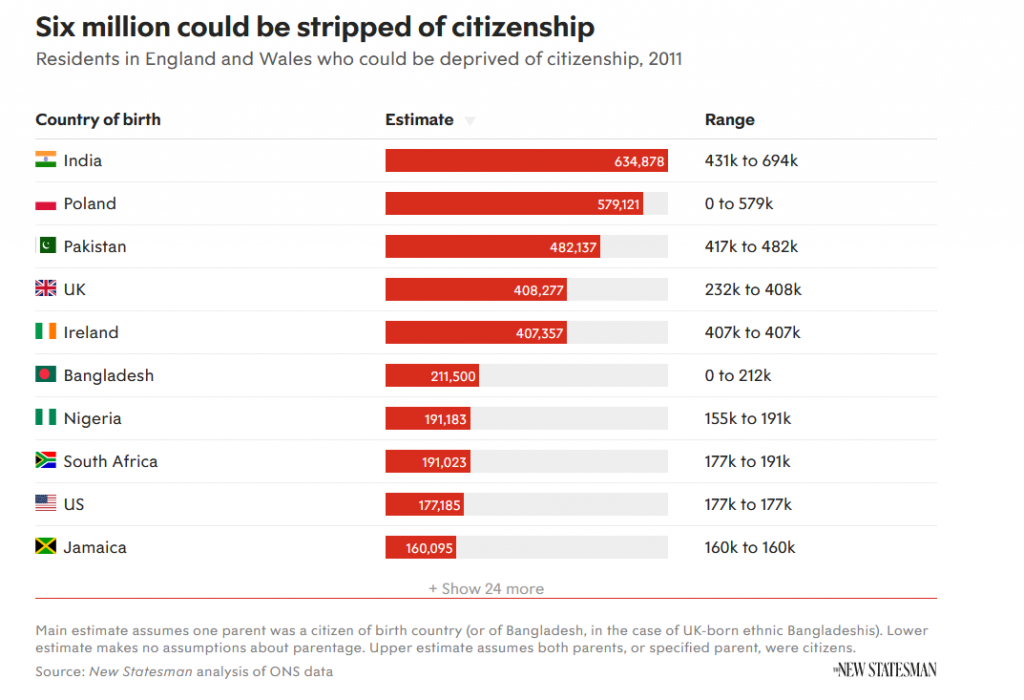I am pretty disappointed with Labour’s decision to abstain on the 3rd Reading of the Covert Human Intelligence Sources Bill. It’s truly disgraceful and allowing the State’s secret policy to operate with impunity jeopardises important human rights such as the right to a fair trial and the right to organise (freedom of association) not to mention the rights to privacy although the investigatory powers act of 2016 put these on the bonfire. Most of its opponents focus on murder, torture and rape, but the destruction of the rule of law and its application to the police is an on-ramp to these crimes, the principle of an accountable police and prosecutor is the key.
However, Labour is not good on these issues, more recently the PLP led by Burnham & Starmer colluded with the IPA 2016, supported the retention of ‘economic’ security as a lawful purpose of the intelligence service’s activities and when I proposed the supremacy of human rights law as a conference policy, it got 2 votes on the NPF web site and my CLP has always sent other, yet important, motions to conference while CLPD’s support was ineffective as they pursued their doomed attempt to rewrite the Leadership election rules. I posted my moving speech to this blog. I am not sure if this is because many people consider the NPF to be a waste of time, or that support for human rights law is weak in the Labour Party, because you can’t eat or burn human rights.
Please vote up my NPF proposal, if its still open and if you can, the software is, to use a technical phrase, a bit shit. Also you might like to share my motion via social media.
ooOOOoo
Hansard have reworked the way in which they report votes, here is their record of the 3rd reading vote, the page opens on the not recorded page.
The Legislation tracker is here, the Lords Committee stage starts in 24th Nov and the Report stage & 3rd reading are not yet planned. If the Lords amend the Bill then it will return to the Commons for what is called the “Consideration of Amendments” where usually the Commons tell the Lords to “go away” (4,3). …







